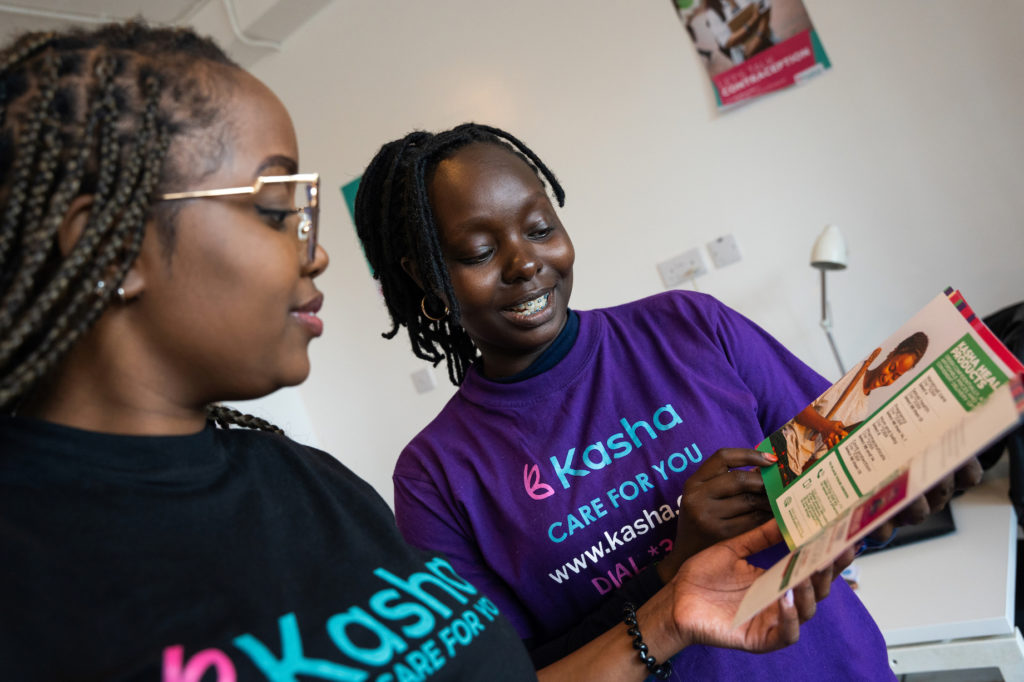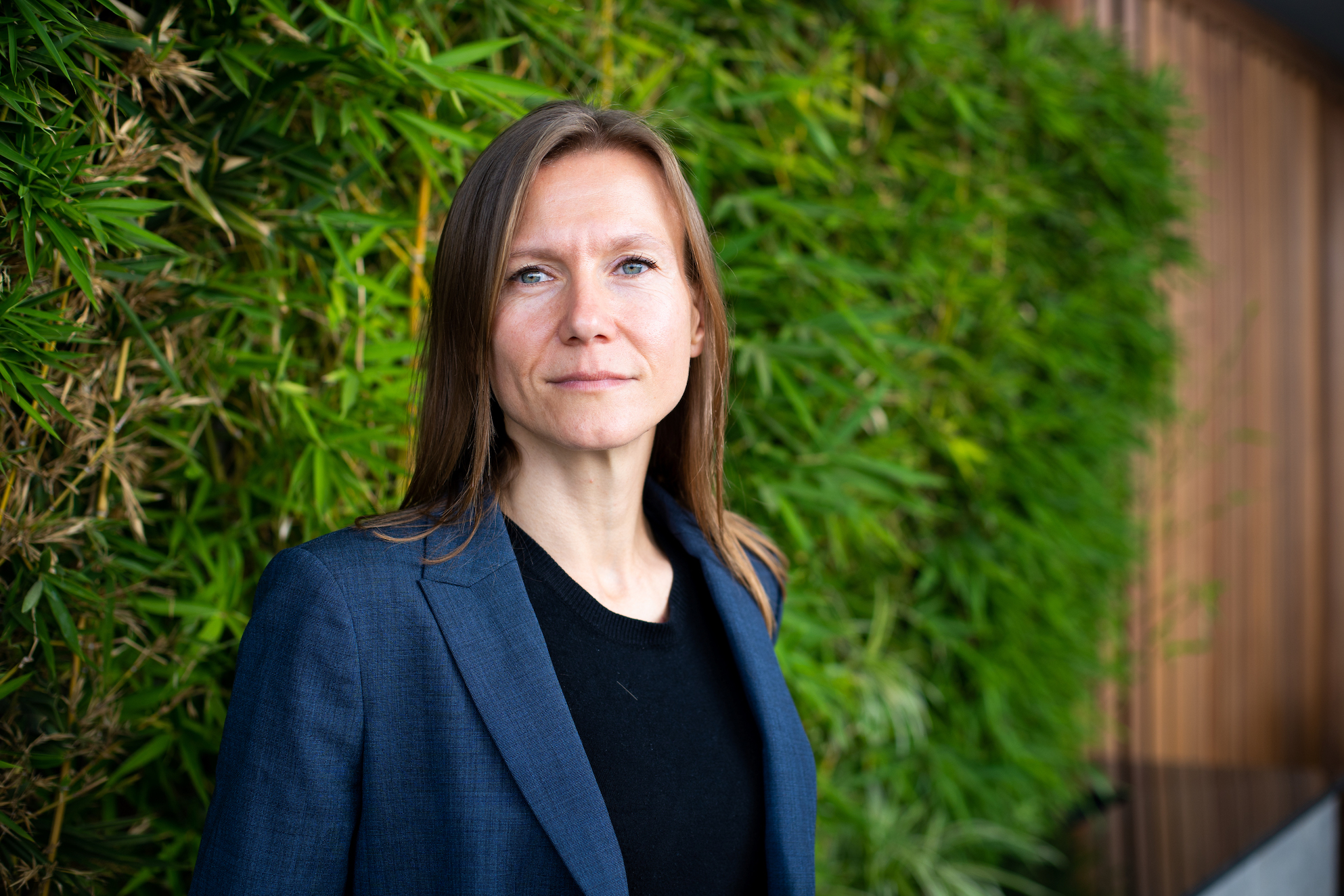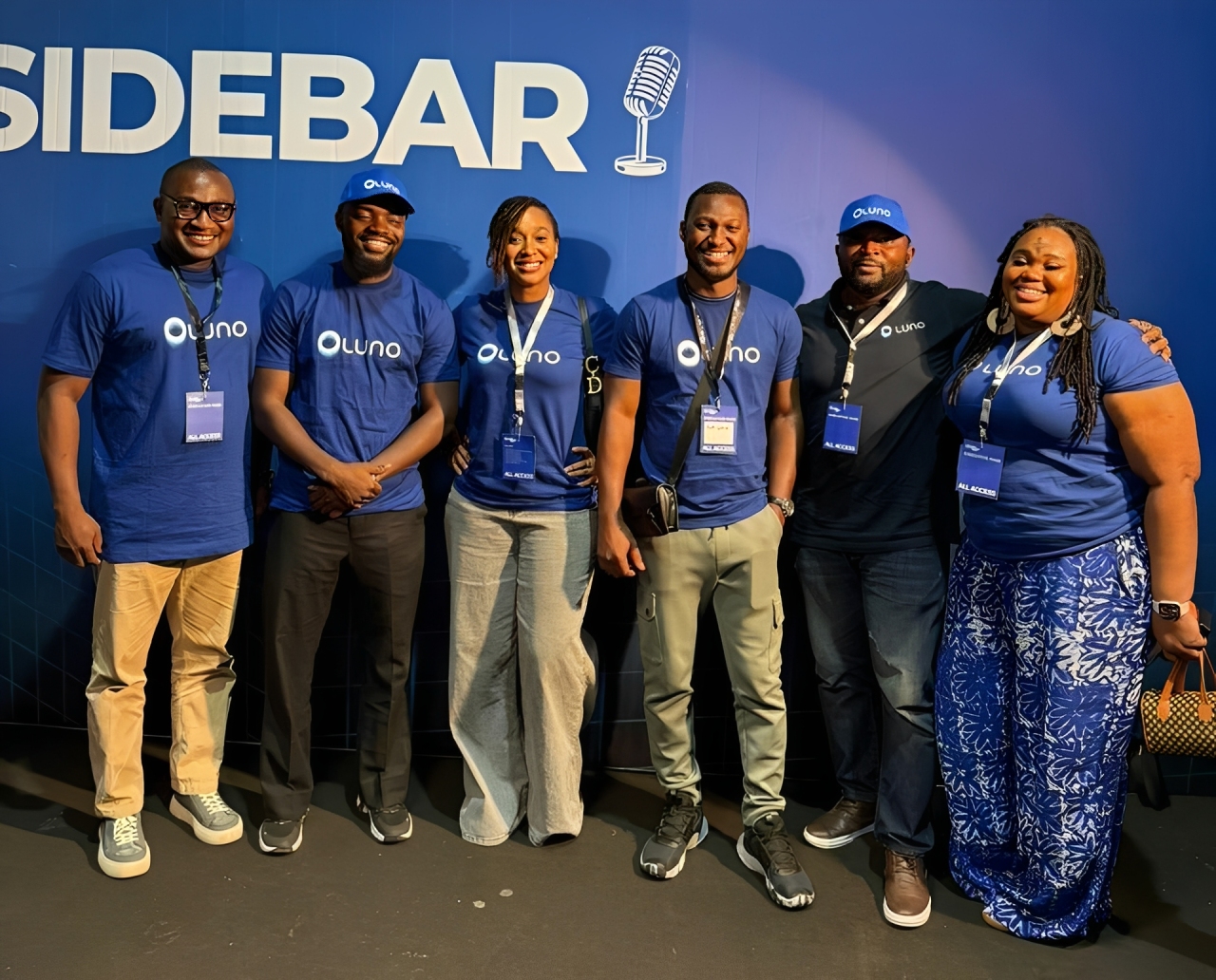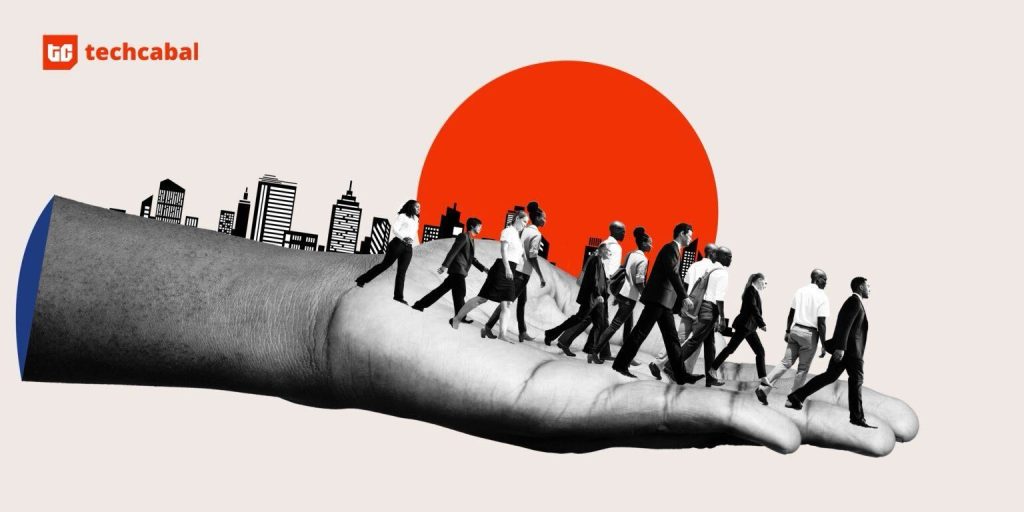Interview with Joanna Bichsel, founder and CEO of Kasha on the startup’s recent Series B raise, future expansion plans and the state of healthtech startups on the continent.
Last week, Rwandan healthtech startup Kasha announced a $21 million Series B raise led by Knife Capital. Founded in 2016 by Joanna Bichsel, the startup provides a digital retail and last-mile distribution platform for pharmaceuticals and fast-moving consumer goods (FMCGs).
TechCabal caught up with Bichsel to learn more about the company’s product offerings, its recent fundraising as well as its quest to positively impact healthcare in Africa and beyond.
TechCabal: Please tell us more about Kasha’s product offering
Joanna Bichsel: Kasha is East Africa’s leading platform for last-mile access to health. We sell pharmaceuticals and fast-moving consumer goods to consumers, resellers, pharmacies, hospitals, and clinics. We focus on the mass market customer and also do digital, retail and wholesale sales. We also work with pharmaceutical manufacturers and global health organisations.
The focus we have is around access to health products and really, we’re aiming to disrupt the global health industry. So right now, the way it operates is that there’s no visibility on what people actually want in terms of health products. The processes for reaching the last-mile customers are also very ineffective in both urban and rural markets.
With Kasha, we built a very wide distribution network that goes to the last mile with agents in communities around the country. It’s basically digital ordering. So people can confidentially order their health products and then we deliver.
TC: How prominent is the problem that Kasha is trying to solve?
JB: Kasha started in Rwanda and it was built to be a global company. We are still on our way to becoming a global company because the problem we are addressing is pretty much a global problem. We started in Rwanda and then we expanded to Kenya which is now our headquarters. Additionally, we are also starting operations in South Africa soon.
We are also launching operations in West Africa either by the end of Q3 or early Q4. In general, the problem that we’re aiming to serve impacts billions of people around the world across emerging markets including Southeast Asia and Latin America. So we’re Africa first, but there’s potential really to expand globally.
TC: How much traction has Kasha gained so far?
JB: We have grown quite well, especially over the last three years. We have achieved 10x growth every 12 months. From our Series A to our Series B, our annual revenue has grown 50x and that’s really helped us get to where we are. We are serving a very large market segment. and there’s a lot of demand for quality, affordable health products as well as household goods.
With the Series A funds, we really focused on expanding our distribution network across Rwanda and Kenya, and then just driving sales on top of that platform that we built out. So the growth has been strong. And we’re not stopping. The goal is to continue to have very exponential growth as we move forward.
TC: Kasha announced its $21 million Series B raise last week. What was that fundraising process like considering the fact that we are in a VC downturn at the moment?
JB: It was definitely a journey. We started fundraising before the economic downturn. After the downturn happened, it slowed a lot of things down. For example, we were having a lot of conversations with US-based VCs, and others around the world as well, but after the economic downturn happened, a lot of international investors just basically stopped investing in the region. They really became more conservative, deciding to focus just on startups within their countries.
A Series B raise requires more capital, and the investor ecosystem across the continent is still very much developing. So when you’re looking to do larger ticket sizes, you have to tap into a global investor market. For us, we were actually quite lucky in the sense that around the time when the economic downturn happened, we were able to bring on a pretty large investment that basically acted as a bridge round. So we were able to bridge our way through the economic downturn, just because of that capital which came in at the right time. And so our fundraising absolutely took longer than we expected because of the economic downturn, but because we raised a bridge in between, we were able to still finish successfully.

TC: What will the raised capital be used for?
JB: Expansion is a key part of it. We are growing into being a leading pan-African platform offering last-mile access to health and this funding will go a long way in helping us achieve that. We also have an enterprise customer segment which has so much opportunity to make us a very high-margin business. We will also be investing a lot in our product and technology.
TC: What would you say is the state of healthtech on the continent at the moment?
JB: It’s a super exciting time on the continent right now for healthtech. When Kasha started, healthtech companies were seen more like social enterprises and not as high-growth commercial companies. I think it’s absolutely critical we change that by building strong commercial, financially sound healthtech companies that are scaling. And that’s exactly what we are doing at Kasha. It’s been quite the journey from the beginning because there weren’t as many commercial investors involved within the healthtech space. It was mostly impact investors.
But what you’re seeing now is healthtech companies like Kasha that are scaling and attaining high revenue growth and that’s attracting the attention of commercial investors.
There are also a lot of pharmaceutical manufacturers and others that want to do business on the continent and need better channels and visibility and so the opportunity is definitely there for healthtech innovators. What we need to do as healthcare companies is to grow strong businesses and build out the ecosystem in order to leverage such opportunities.
TC: How is Kasha leveraging partnerships in the ecosystem to accelerate its growth?
JB: We are a very partner-leveraged business. If you’re looking at operating in different countries and scaling across Africa, partnerships with local health organisations are absolutely critical. This is because in every country, there are different languages and health policies and it’s important to understand these in and out.
Tech is pretty transferable for the most part, but just being able to really make it relevant to people everywhere requires a lot of partnerships. So I think partnering with traditional health organisations is a win-win situation because they can scale more and we can scale more. Additionally, because this industry hasn’t received the amount of capital that others have, you can’t build everything yourself. It’s too expensive and too slow. Partnerships allow companies to leverage each other’s strengths to build versatile products. I think it’s a really exciting space because we can actually grow stronger together as an ecosystem with everyone building strong businesses and working together and that’s for the good of all.
TC: What do the next 2-3 years look like for Kasha in terms of the company’s roadmap?
JB: First and foremost, we’re focused on being the largest healthcare last-mile platform across Africa so there are many countries to expand into. We will also be forming partnerships with global players to make a play in the global market.
TC: Any parting thoughts?
JB: The past few months have been tough for startups with the economic downturn. But I think it’s also just a shining moment for this continent. What I’ve been observing is that there’s a lot of capital that’s given in developed markets within the startup community to companies that are nowhere close to profitability or are even pre-revenue. On this continent, you can’t survive like that. You can’t just raise rounds without making any money. And so, I would say the opportunity here is there are some strong businesses on the continent that are making high revenues and they are high-margin businesses with less access to capital, so it’s forced us to build stronger businesses.
Interview has been edited for length and clarity.




















